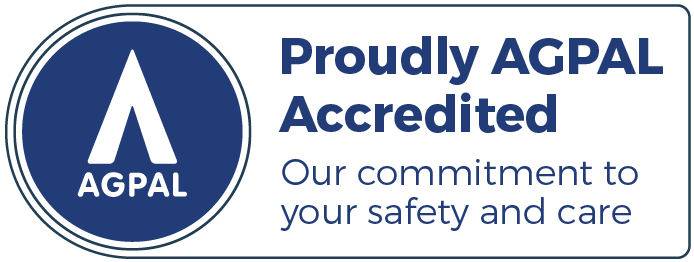
Location: Milsons Point Medical Center
Email: reception@milsonspointmedical.com.au
Phone: (02) 9023 9999
Fax: (02) 9023 9900
Dr. Bibhusana Borthakur
General Practitioner
Dr. Bibi is a compassionate and experienced General Practitioner with a special interest in mental health, women’s health, and holistic patient care. She is a fellow of the Australian College of Rural and Remote Medicine and has a broad background in rural emergency medicine, psychiatry, and general practice. Dr. Bibi brings versatility and clinical expertise to every consultation.
She is originally from Canada and completed her Doctor of Medicine at the University of Queensland in 2018. She is actively involved in medical education, having served as an Associate Lecturer mentoring future healthcare professionals. Her research interests span respiratory and aerospace medicine, as well as child psychology—demonstrating a commitment to advancing the field of medicine.
Dr. Bibi is a member of the Australian Medical Association and stays actively engaged in ongoing professional development. She values patient-centred care and aims to empower individuals through informed, empathetic, and collaborative medical support.



















